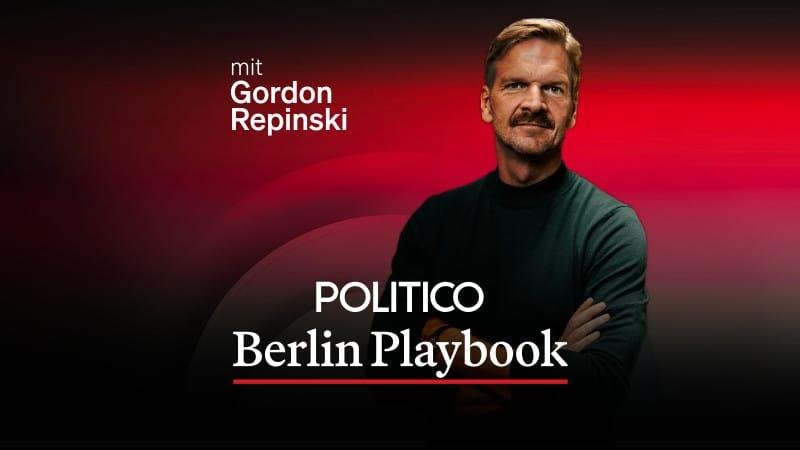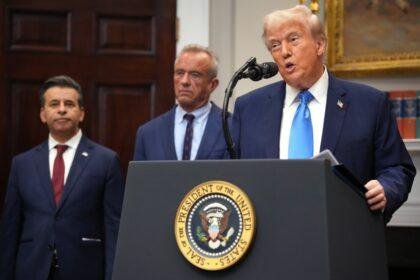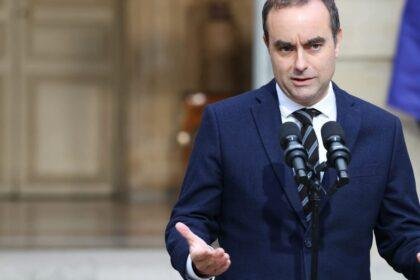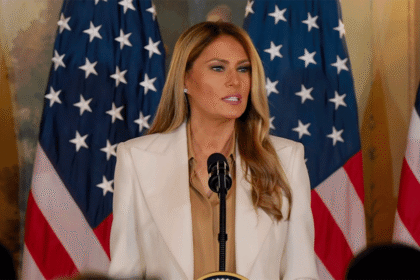Political Turmoil in France: Implications for Europe and the Future of Franco-German Relations
In a striking turn of events, France finds itself grappling with its fifth prime minister in just three years, raising significant concerns about the stability of its government and the broader implications for Europe. President Emmanuel Macron is at a critical juncture, facing mounting challenges that could reshape not only his political future but also the dynamics of the European Union. As reported by various political analysts, including Hans von der Burchard, the ramifications of this political chaos extend far beyond France’s borders, affecting markets, Brussels, and the historically significant Franco-German axis.
The Current Political Landscape
Emmanuel Macron, who has been in power since 2017, is now confronted with a government that appears increasingly fragile. The rapid turnover of prime ministers has led to questions about the effectiveness of his leadership and the coherence of his policies. This instability is not merely a domestic issue; it poses a threat to the European Union’s unity and effectiveness at a time when the continent faces numerous challenges, including economic recovery post-COVID-19, the ongoing war in Ukraine, and rising inflation.
The political turmoil in France has sparked concerns in Berlin, where leaders are closely monitoring the situation. The traditional Franco-German partnership has been a cornerstone of European integration, and any disruption in this relationship could have far-reaching consequences. As von der Burchard notes, the uncertainty surrounding Macron’s government could lead to a reevaluation of policies that have historically aligned the two nations.
The Franco-German Axis: A Historical Perspective
The Franco-German relationship has been pivotal in shaping the European Union since its inception. Following World War II, the two nations forged a partnership aimed at fostering peace and economic cooperation. This alliance has been instrumental in driving initiatives such as the Eurozone and the Schengen Agreement, which have facilitated trade and mobility across Europe.
However, the current political instability in France raises questions about the future of this partnership. The rise of populist movements in both countries has already strained relations, with differing views on issues such as immigration, economic policy, and defense. As Macron’s government faces internal dissent, the potential for a shift in France’s approach to these critical issues looms large.
Implications for European Markets
The uncertainty surrounding France’s political landscape is already having an impact on European markets. Investors are wary of the potential for policy shifts that could disrupt economic stability. The euro has shown signs of volatility, reflecting concerns about France’s ability to maintain its economic commitments within the EU framework.
Moreover, the ongoing energy crisis exacerbated by the war in Ukraine has put additional pressure on European economies. France, as a key player in the EU’s energy strategy, must navigate these challenges carefully. A weakened government could hinder France’s ability to advocate for collective European solutions, further complicating the continent’s response to energy shortages and inflation.
Coalition Conflicts and Military Policy
In addition to the broader political crisis, internal conflicts within the French government are also coming to the forefront. The ruling coalition is facing significant disagreements over military policy, particularly regarding the reintroduction of conscription. Roland Theis, a member of the Christian Democratic Union (CDU), has expressed concerns about the implications of these debates for Franco-German defense cooperation.
The proposed “contingent conscription” plan has sparked controversy, with critics arguing that it could divert resources from other critical areas, such as economic recovery and social welfare. The ongoing discussions highlight the challenges of maintaining a unified defense strategy in an increasingly complex geopolitical landscape.
The Role of Public Relations in Politics
Amidst the political chaos, the French government is also grappling with the effectiveness of its public relations strategies. Recent attempts to engage the public through podcast marketing have been met with skepticism, as reports indicate that the costs associated with these initiatives may outweigh their benefits. This situation underscores the importance of effective communication in politics, particularly during times of crisis.
As political analysts point out, the ability to connect with citizens and convey a clear message is crucial for any government facing instability. The failure to do so could further erode public trust and exacerbate the challenges facing Macron’s administration.
Conclusion: A Pivotal Moment for France and Europe
The current political turmoil in France represents a pivotal moment not only for the nation but also for the future of Europe. As Emmanuel Macron navigates the complexities of his leadership, the implications for the Franco-German relationship and the broader European Union are profound. The challenges of economic recovery, defense policy, and public trust are intertwined, and the outcomes of these struggles will shape the continent’s trajectory for years to come.
As the situation unfolds, all eyes will be on Paris and Berlin, where the fate of the European project hangs in the balance. The resilience of the Franco-German axis will be tested, and the ability of both nations to adapt to changing political realities will determine the future of Europe in an increasingly uncertain world.











